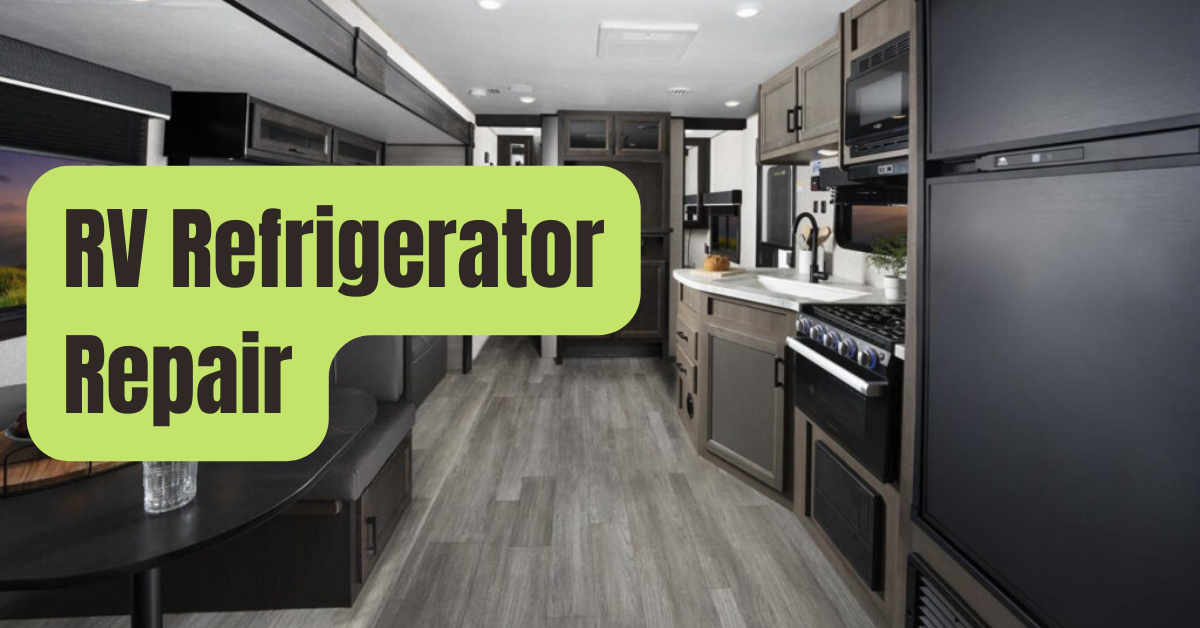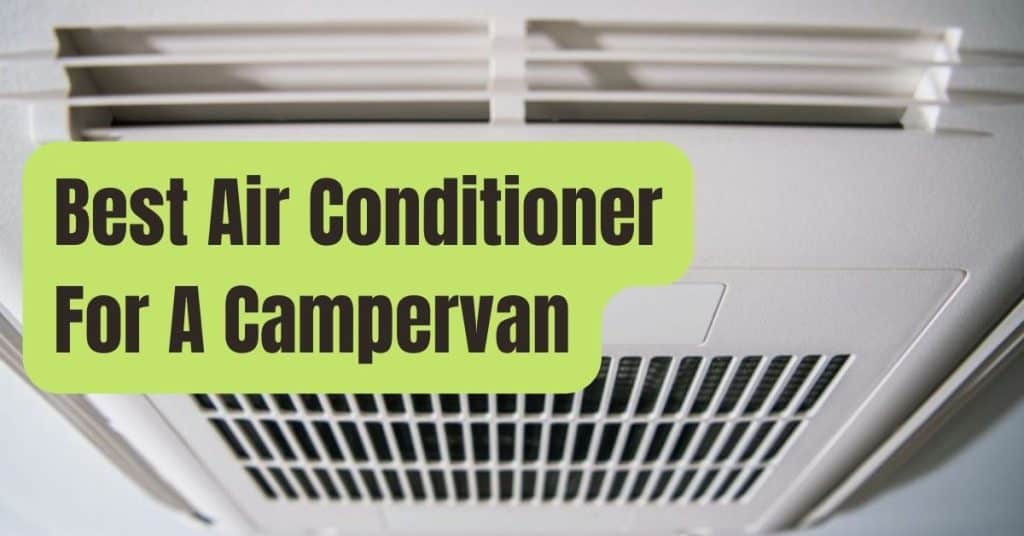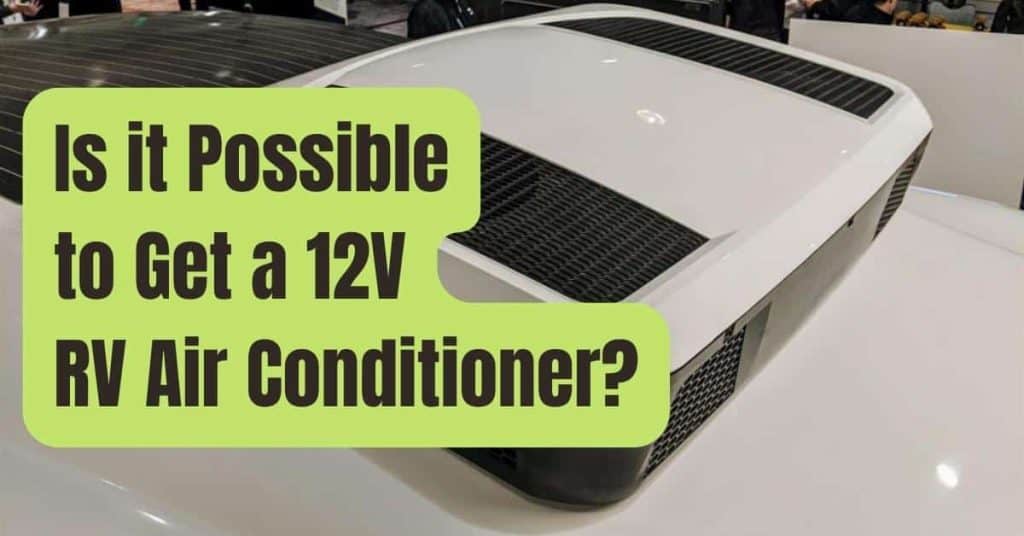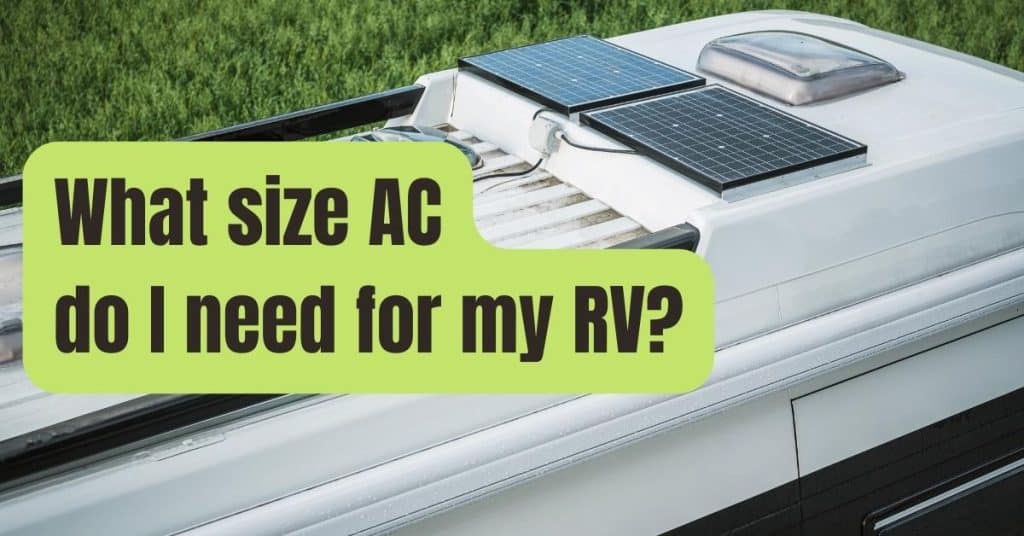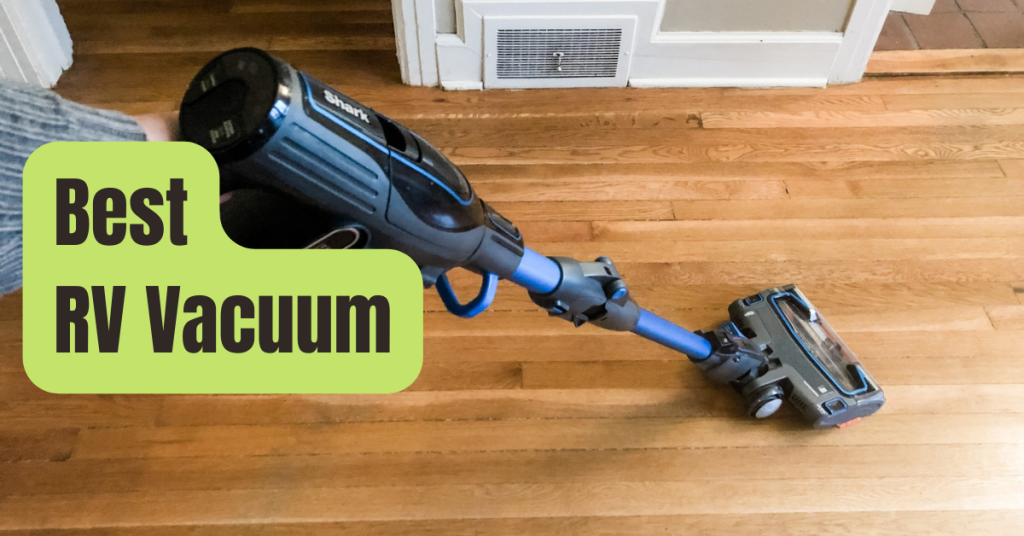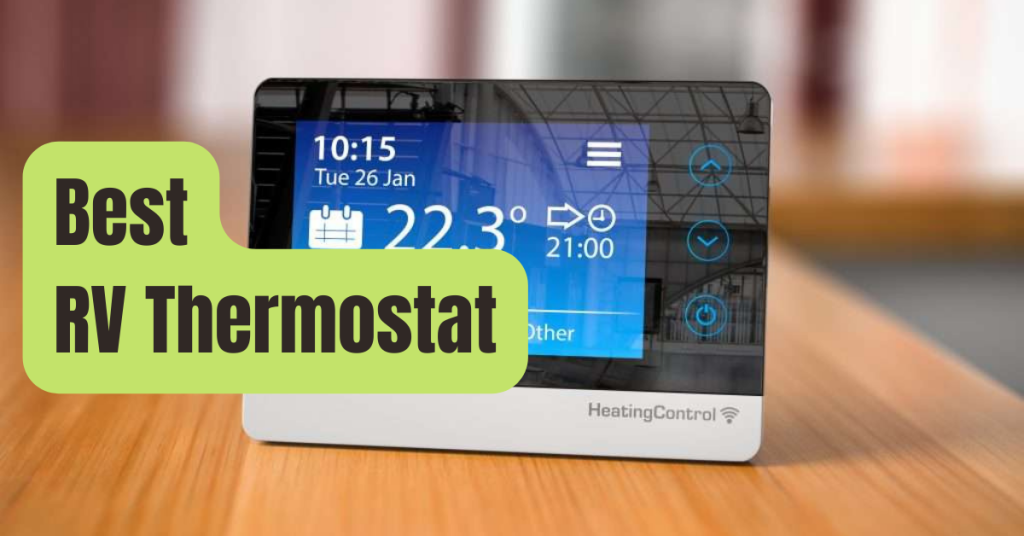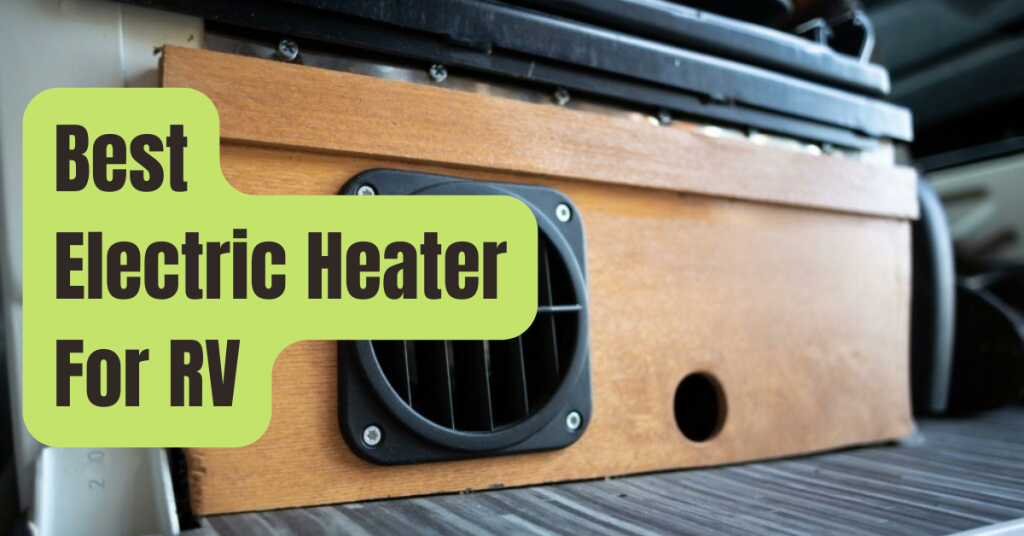Taking a few simple procedures will often prevent an unnecessary RV refrigerator repair.
Unbelievably, it’s important to maintain your RV level while it’s parked.
However, routine cleaning and maintenance will also maintain your RV refrigerator in peak working condition.
It will at the very least offer it the greatest opportunity of avoiding needless repairs.
Even if you maintain a pristine refrigerator, age and circumstance might sometimes need some RV refrigerator repairs.
The good news is that you may just be able to do some repairs yourself!
How Does the Refrigerator in My RV Operate?
But first, let’s just take a quick look at how your RV refrigerator works.
Your RV fridge probably differs somewhat from the residential type you’re used to in your house.
The majority of camper and RV freezers use dual-fuel absorption technology.
Unlike a domestic refrigerator, an absorption refrigerator doesn’t utilize a compressor or freon.
Inside the cooling unit, a mixture of water, ammonia, and hydrogen is heated using propane or electricity.
The refrigerator cools as a result of the evaporative action that is created.
RV Refrigerators: Are They Repairable?
Absolutely! Don’t give up if your RV fridge isn’t working properly.
If you’re unable to fix the problem yourself, you may always bring in a specialist to fix your RV refrigerator.
Read on for our troubleshooting advice and advice on how to maintain your refrigerator working in the future, however, before you contact for assistance.
How to Fix Your RV’s Refrigerator
#1. I Smell Ammonia.
If you open your RV refrigerator and notice an ammonia odor, your cooling system’s evaporator is probably leaking.
Turn off your refrigerator right away, and keep the door closed.
To improve airflow and get rid of the smell, be sure to open your RV’s doors, windows, and vents.
Not a DIY undertaking.
To fix a malfunctioning cooling equipment, you’ll need a professional in RV refrigerator repair.
Read How Long Does RV Warranty Work Take & How to Expedite the Process if your RV is still covered under warranty.
#2. Propane Is What Powers My RV Fridge, But 110V Power Does Not.
A power issue exists if your refrigerator runs on propane but not 110V electricity.
First, check whether a circuit breaker has tripped.
That is the most probable offender and a quick do-it-yourself remedy.
In the electrical compartment of your RV, look for tripped breakers.
If a breaker trips, reset it to possibly restore service.
After resetting a tripped breaker, if your fridge still won’t operate on 110V electricity, there is probably a larger electrical issue at play.
Right now, you could be dealing with a faulty RV control board or electrical heating element.
This sort of RV refrigerator repair will probably need the assistance of a professional at this point.
#3. My RV’s Refrigerator Works With 110V Power But Not Propane.
Imagine your refrigerator is powered by 110V but not by gas.
Usually, it’s a sign that some cleaning is necessary.
The majority of the time, there is an obstruction someplace that prevents the propane from getting to the burner.
Make sure the valve is open and that you have propane in the tank first.
Despite being a straightforward check, we are all sometimes caught off guard by this error.
It’s important to remove any obstructions in the line or the burner itself if the flame at the burner is weak or nonexistent.
The burner unit may be cleaned quite well with a shop vac, but you should always use caution when working near electrical or gas components.
It’s probably time to hire an expert if this doesn’t resolve the issue.
#4. Electricity Problems
For the majority of us, it’s time to contact a pro after you’ve checked for blown fuses or tripped breakers.
It may be fairly dangerous to operate with electricity if you are not experienced.
If you’re unsure of what you’re working with, don’t take a chance!
Repairs For RV Refrigerators
#1. What To Do If A Cooling Unit Gets Freeze-Up
A frozen cooling system ought to be an extremely uncommon event.
It generally happens if you store your RV for an extended length of time in a below-freezing environment, such as during the winter.
The best course of action is to keep your RV out of frigid temperatures while storing it.
However, if your RV finds itself in these circumstances and the refrigerator’s cooling unit freezes, you may use a space heater or even a high-wattage bulb to gradually warm the refrigerator’s back until the cooling unit thaws.
Just be cautious not to place the heat source too near to any cables and be sure to switch off the LP gas (propane) until the thawing process is complete.
#2. What Happens If Your Refrigerator Is Water Leaking?
If water is collecting in the bottom of your RV refrigerator, one of three things is likely to be the cause: a broken drip pan, a missing or faulty drain fitting, or a blocked drain.
Condensation forms on the inside fins of your RV refrigerator while cooling.
The condensation is collected by the drip pan underneath the fins, which then channels it towards a drain outside of your setup.
The drain pan can be fractured; in that case, either replace it or fix it.
If the drain pan seems to be functioning well, the fitting or hose that the pan sends water through may be damaged or missing.
Make careful to tighten any slack components.
If a component seems to be missing, you really only need a replacement.
Even if everything above seems to be in order, the drain pipe may still be at least partly obstructed.
Your RV often has an access panel on the exterior where the refrigerator is situated.
The stopper at the end of the drain pipe is often where the obstruction is.
Simply take out the plug and clean it so that water may drain from it.
You may need to use a pipe cleaner to clear out the drain line itself if cleaning the stopper doesn’t solve the problem.
#3. How To Repair A Leaking Air Conditioner
Your best option if your cooling unit is leaking is to replace it.
As was already said, a leaky cooling unit is most likely the cause of an ammonia odor or yellow stains coming from your RV refrigerator.
The more skilled DIYers out there may be able to fix this RV refrigerator, but you must use caution.
You are dealing with the cooling system, which comprises a mixture of water, ammonia, and hydrogen as the cooling solution.
Again, call in a professional if you don’t feel at ease with that.
#4. What Should I Do If I Suspect a Sediment Buildup of Ammonia?
Okay, let’s be real: this circumstance is terrible.
Your RV refrigerator may develop an ammonia sediment buildup if you’ve left it idle.
Unfortunately, your fridge is on the verge of death.
If this is the issue, there may not be much you can do in terms of RV refrigerator repair.
If you think ammonia sediment buildup may be present, there is one thing you can do to try to extend the life of your refrigerator.
Plug it out.
Take it out of the camper.
Turn it over on its side.
In the hopes that the silt would move away from the cooling unit, let it rest in that state for at least 24 to 48 hours.
You may delay the inevitable for a time, but eventually a replacement will probably be necessary.
Of course, the ideal course of action is to avoid leaving your RV refrigerator unattended for so long that this occurs.
How to Maintain Your RV Refrigerator
Hold Your RV Level
Your RV refrigerator must stay relatively level in order to function properly.
The ammonia liquid won’t flow correctly to the evaporator coils if it isn’t level.
In addition to keeping your refrigerator from staying cold, an unleveled RV may harm its internal parts.
Charge Your Home’s Batteries
Additionally, you should make sure that your home batteries are always charged.
The majority of RV refrigerators include electrical controls that are powered by your home battery.
Even when running on gas, your refrigerator will normally need 12V electricity to light the propane burner.
How to Care for and Maintain an RV Refrigerator
There are just a few distinctions between cleaning the refrigerator in an RV and a house made of logs and bricks.
By identifying problems early, regular, proper cleaning of this device may reduce the need for future RV refrigerator repairs.
#1. Basic Cleaning of an RV Refrigerator
It just takes a little soapy water and labor to clean the interior.
Given how much more regularly products in an RV fridge are jostled than they are in a fixed house, you may want to do it more frequently.
If your refrigerator is a dual fuel RV refrigerator that can operate on LP gas (propane) or 110V electricity, you should also wipe out any vents, the cavity beneath the refrigerator, and maybe the burner and flue.
The majority of this can be done with a shop vac.
#2. How to Get Rid of Mold
Use a solution of 1 cup of bleach and 1 gallon of water to get rid of mold from your RV refrigerator.
Put it in a spray bottle and mist it on the mold; do not immediately wipe it off.
Allow the bleach water to remain for at least 10 to 15 minutes so that the mold may be killed.
Spray vinegar on the mold as an alternative to bleach if you don’t want to use it.
To completely remove the mold, however, it could need more cleaning than just bleach water.
With little to no diluting, vinegar may be sprayed directly onto the mold.
A paste consisting of water and baking soda is another option.
Apply it and let it dry on the mold.
After that, you’ll need to scrape it off and conduct some further cleaning.
Regardless of the method you choose, it’s a good idea to clean the fridge after removing any mold with some warm, soapy water and a thorough rinse.
#3. How to Stop Mold
Making an effort to keep the fridge in your RV clean can go a long way toward preventing any undesirable fungus from growing there.
Use vinegar or a bleach-water solution every other time before doing your usual cleaning if you want to go the additional mile to fight against any hidden impurities.
Increase the Lifespan of Your RV Refrigerator
In conclusion, maintaining a clean fridge and trying to keep your RV level will go a long way toward extending the life of your refrigerator and reducing the need for expensive repairs.

